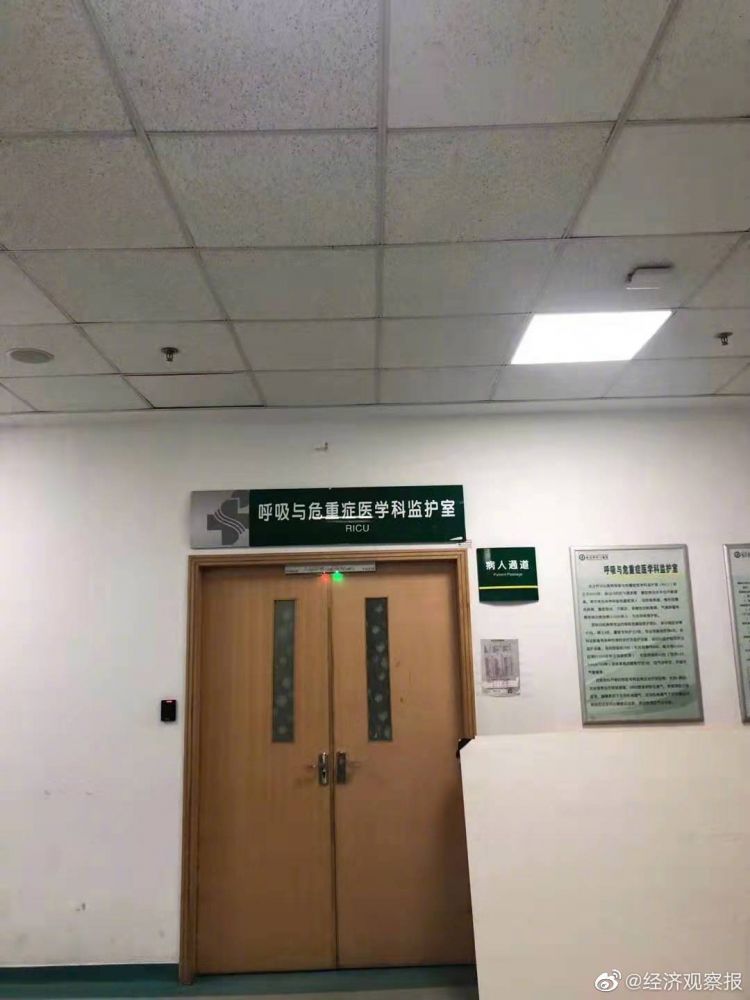The mighty Chinese juggernaut has been humbled this week, apparently by a species-hopping bat virus. While Chinese authorities struggle to control the epidemic and restart their economy, a world that has grown accustomed to contemplating China’s inexorable rise was reminded that nothing, not even Beijing’s power, can be taken for granted.
We do not know how dangerous the new coronavirus will be. There are signs that Chinese authorities are still trying to conceal the true scale of the problem, but at this point the virus appears to be more contagious but considerably less deadly than the pathogens behind diseases such as Ebola or SARS—though some experts say SARS and coronavirus are about equally contagious.
China’s initial response to the crisis was less than impressive. The Wuhan government was secretive and self-serving; national authorities responded vigorously but, it currently appears, ineffectively. China’s cities and factories are shutting down; the virus continues to spread. We can hope that authorities succeed in containing the epidemic and treating its victims, but the performance to date has shaken confidence in the Chinese Communist Party at home and abroad. Complaints in Beijing about the U.S. refusing entry to noncitizens who recently spent time in China cannot hide the reality that the decisions that allowed the epidemic to spread as far and as fast as it did were all made in Wuhan and Beijing.
The likeliest economic consequence of the coronavirus epidemic, forecasters expect, will be a short and sharp fall in Chinese economic growth rates during the first quarter, recovering as the disease fades. The most important longer-term outcome would appear to be a strengthening of a trend for global companies to “de-Sinicize” their supply chains. Add the continuing public health worries to the threat of new trade wars, and supply-chain diversification begins to look prudent.
Events like the coronavirus epidemic, and its predecessors—such as SARS, Ebola and MERS—test our systems and force us to think about the unthinkable. If there were a disease as deadly as Ebola and as fast-spreading as coronavirus, how should the U.S. respond? What national and international systems need to be in place to minimize the chance of catastrophe on this scale?
Epidemics also lead us to think about geopolitical and economic hypotheticals. We have seen financial markets shudder and commodity prices fall in the face of what hopefully will be a short-lived disturbance in China’s economic growth. What would happen if—perhaps in response to an epidemic, but more likely following a massive financial collapse—China’s economy were to suffer a long period of even slower growth? What would be the impact of such developments on China’s political stability, on its attitude toward the rest of the world, and to the global balance of power?
China’s financial markets are probably more dangerous in the long run than China’s wildlife markets. Given the accumulated costs of decades of state-driven lending, massive malfeasance by local officials in cahoots with local banks, a towering property bubble, and vast industrial overcapacity, China is as ripe as a country can be for a massive economic correction. Even a small initial shock could lead to a massive bonfire of the vanities as all the false values, inflated expectations and misallocated assets implode. If that comes, it is far from clear that China’s regulators and decision makers have the technical skills or the political authority to minimize the damage—especially since that would involve enormous losses to the wealth of the politically connected.
We cannot know when or even if a catastrophe of this scale will take place, but students of geopolitics and international affairs—not to mention business leaders and investors—need to bear in mind that China’s power, impressive as it is, remains brittle. A deadlier virus or a financial-market contagion could transform China’s economic and political outlook at any time.
Many now fear the coronavirus will become a global pandemic. The consequences of a Chinese economic meltdown would travel with the same sweeping inexorability. Commodity prices around the world would slump, supply chains would break down, and few financial institutions anywhere could escape the knock-on consequences. Recovery in China and elsewhere could be slow, and the social and political effects could be dramatic.
If Beijing’s geopolitical footprint shrank as a result, the global consequences might also be surprising. Some would expect a return of unipolarity if the only possible great-power rival to the U.S. were to withdraw from the game. Yet in the world of American politics, isolation rather than engagement might surge to the fore. If the China challenge fades, many Americans are likely to assume that the U.S. can safely reduce its global commitments.
So far, the 21st century has been an age of black swans. From 9/11 to President Trump’s election and Brexit, low-probability, high-impact events have reshaped the world order. That age isn’t over, and of the black swans still to arrive, the coronavirus epidemic is unlikely to be the last to materialize in China.

